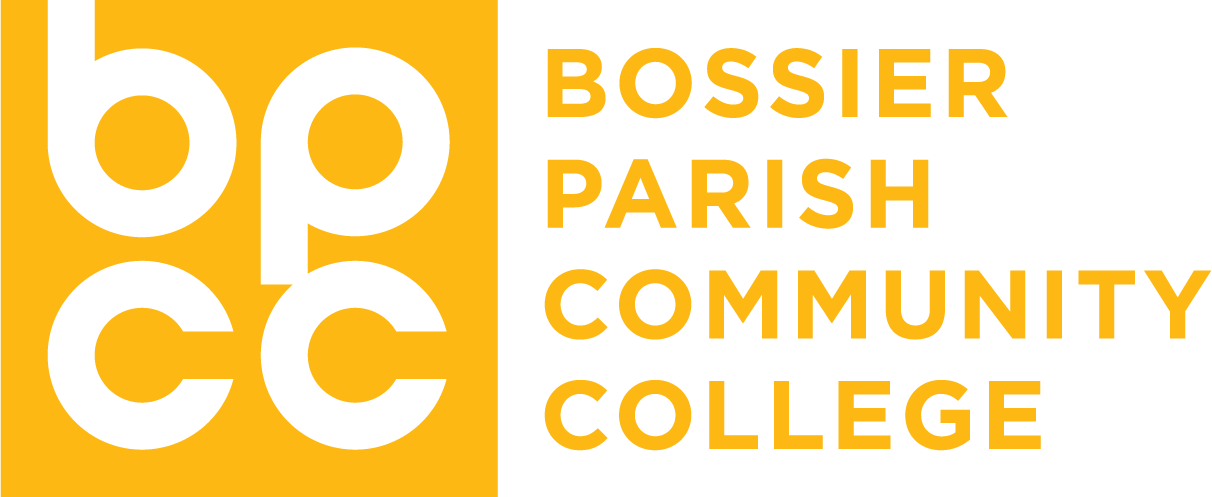Rights and Responsibilities
- not to be denied access due to disability
- to receive reasonable accommodations that provide equal opportunity
- to have access to auxiliary aids/assistive technology
- not to be counseled toward “more restrictive career objectives”
- to receive assistance from the Disability Services office in removing any physical, academic, and/or attitudinal barriers
- not to be discriminated against due to a disability or receive any retaliatory discrimination
- to expect all disability related information to be treated confidentially
- to identify himself or herself to the Disability Services Office
- to provide a Request for Disability Services Application for the initial semester and for each subsequent semester
- to provide documentation of disability
- to initiate requests for accommodations by providing a certification of disability letter at least two weeks prior to the beginning of the semester
- to provide a minimum of two-weeks notice prior to the beginning of the semester for all major accommodation requests (special accommodations of equipment may need more time)
- to act as a self-advocate
- to provide one-week notice to the instructor and the Disability Services Office when he/she will need testing accommodations and/or be testing in the Testing Center
- to understand and accept that if a one-week notice is not given, the student’s desired testing time may be altered by the Disability Services Office
- to assume responsibility for testing procedures and to notify faculty and the Disability Services Office accordingly
- to provide for his/her personal independent living needs or other personal disability-related needs
- to assume personal responsibility for meeting with faculty and meeting College standards
- to pay any costs associated with providing documentation necessary to receive accommodation(s)
- to identify and establish appropriate accommodation for courses, programs, services, activities, and facilities
- to request and receive appropriate documentation that supports the need for accommodation
- to deny request for accommodations when appropriate documentation has not been received validating the need for accommodations
- to deny accommodations that violate an essential component of the course, program or activity
- to maintain confidentiality
Although students have certain rights under the law, they also have certain responsibilities that go along with these rights. Any misuse or abuse of services will lead to cancellation of these services. One form of misuse of services is requesting services but failing to use those services.
The Disability Services Office is committed to ensuring that all information regarding a student is maintained on a confidential basis as required or permitted by law. The department will retain all information provided by the student. No one has immediate access to files except the Disability Services Advisor, the Disability Services staff, his/her immediate supervisor, and the Vice Chancellor for Student Services. A student has the right to review his or her own file.
Any information regarding the disability is considered confidential and will be shared with others within the College on a need-to-know basis only and the student will be contacted in this instance. In other words, faculty members do not need to have access to information regarding a student’s disability, only the appropriate accommodation(s) that are appropriate and necessary to meet the student’s needs. Confidential information is kept in a separate file and is not considered a part of a student’s educational record.
All medical documentation submitted to the Disability Services Office is BPCC property to use for assessing academic accommodations. Information in files will be released only in the following circumstances:
- the student states the intent to harm himself or herself or others
- a student’s file may be released pursuant to a court order or subpoena
- a student may give written authorization for release of information when he/she wishes
Students at Bossier Parish Community College, with or without disabilities, are expected to attend class regularly and punctually. An absence, avoidable or unavoidable, does not relieve the student from responsibility for course requirements. Students with disabilities should be aware that class attendance policies are not determined by ADA, nor can these policies be waived by ADA. Because attendance may be integral to the academic goal of the class, these policies are set by the Academic Affairs Division at BPCC. They are outlined in the College’s General Catalog.
- The student should introduce himself or herself to each instructor as soon as possible. The student may consider making an appointment with the instructor in order to address any special needs that may arise.
- Students are encouraged to be confident, pleasant, and respectful towards their instructors. All students are encouraged to practice an assertive, reasonable approach while communicating their needs to instructors.
- It is not necessary for a student to disclose his/her disability to the instructor. However, if the student decides to disclose, he/she should state the disability in simple terms.
- The student should explain how the disability limits his/her functioning in plain, simple terms. For example, “I cannot see material on the board or read regular print” or “I cannot take notes because I have to watch the interpreter to understand what you are saying.”
- Should difficulties arise in a particular class, students are encouraged to express concerns to the instructor and to prepare suggestions for alternative solutions before visiting Disability Services for assistance.
